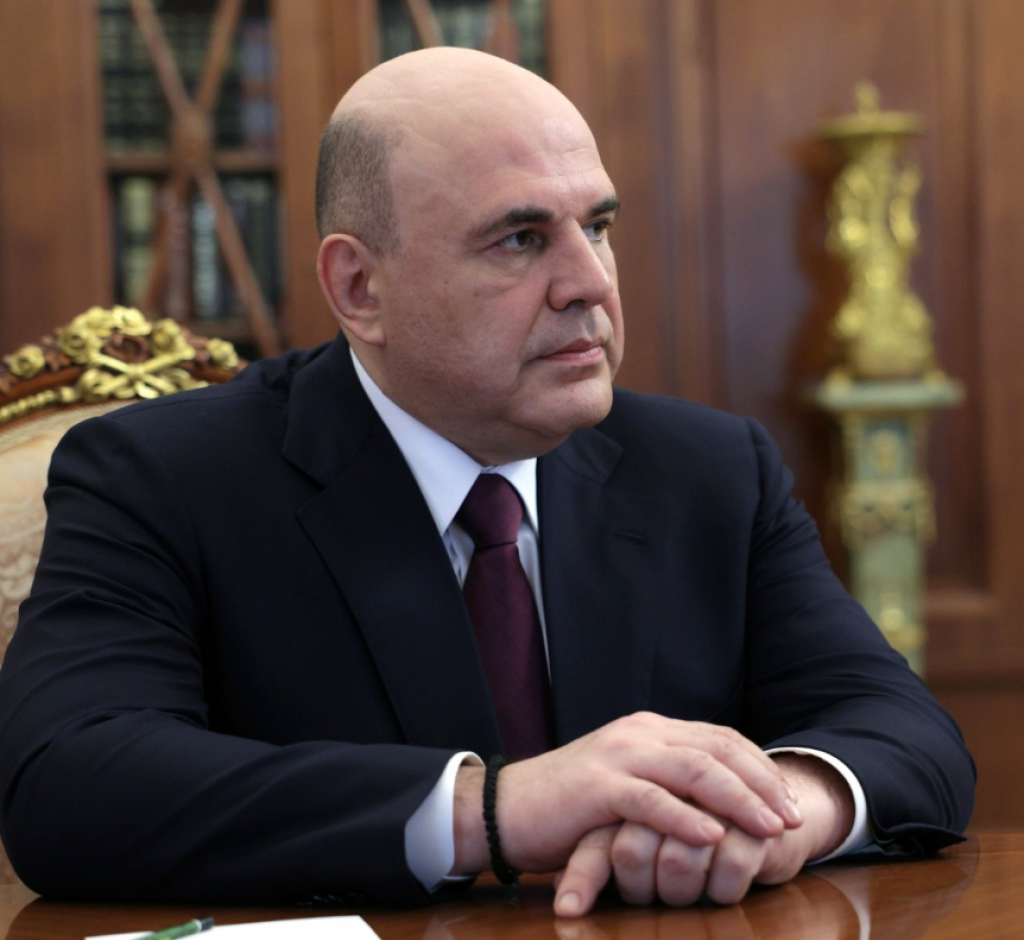Jan Holzer is a political scientist and historian. He is Professor in the Department of Political Science within the Faculty of Social Studies at Masaryk University in Brno, Czech Republic. He is also President of the Czech Political Science Association and E.MA Director of the Global Campus of Human Rights, Venice. His research interests include contemporary political history in Central and Eastern Europe and former Soviet Republics, theory of non-democratic regimes, and democratization.
Jonáš Syrovátka is a Doctor of Political Science from the Masaryk University in Brno, Czech Republic. His doctoral research focused on the perception and understanding of the Russian political system by members of the Russian political elite. Among his other research interests are disinformation, propaganda, and conspiracy theories.
The year 2020 was a momentous one in Russian politics. Events like the adoption of constitutional amendments enabling President Vladimir Putin to remain in office for the next decade and a half; the attempted poisoning of opposition activist Alexei Navalny (1976-2024); and carefully orchestrated regional elections reshaped the country’s political climate. Equally notable was the replacement of ex-president Dmitry Medvedev by Mikhail Mishustin in the post of Prime Minister. For the first time since 2008, this position was held by someone other than Medvedev or Putin.
Up to that point, Mishustin was an ordinary Russian bureaucrat involved primarily with issues related to taxes. His distinctive feature was his interest in digital technologies—expressed already in one of his first jobs. at the International Computer Club. where he worked to facilitate the integration of Russian and Western information technologies. This experience seems to have shaped his thinking about the functioning of state institutions, which, in his view, should follow the latest technological trends and improve their operations through digitalization. Mishustin subsequently applied this approach to the Federal Taxation Service, which he directed between 2010 and 2020. Aside from this interest in modern technologies, little was known about Mishustin’s ideological views or general political priorities before he became the Prime Minister.
The air of mystery surrounding Mishustin’s worldview is hardly surprising, since, for a time, he was one of many technocrats focused on his narrow role and made few public appearances. After he was appointed Prime Minister, the situation changed significantly, forcing Mishustin to reinvent himself as a politician. Since 2020, he has appeared in public many times, providing us with ample fodder for our research. Having mapped out recurring themes, topics, and phrases in Mishustin’s speeches from 2020 -2022, we used this material to attempt to extrapolate his ideological views.
The content and argumentation of Mushustin’s speeches reflected his background in state bureaucracy. He presented himself as more of a manager supervising solutions to the technical problems of governance than as a politician advocating for particular policy based on ideological conviction. Despite this quirk, we were able to uncover a vague, yet consistent ideological framework guiding the Prime Minister’s thinking. In his mind, the state’s main task is to secure citizen well-being, and in so doing generate legitimacy for the government. This primary focus on citizens’ socio-economic needs is even more apparent when Mishustin’s views are compared—as Ivan Fomin has done—with members of security apparatus thinking that the interest of the state are superior to everything else including well-being of its citizens.
Mishustin seems to understand that Russian institutions are not well-equipped to take care of citizens, and is trying to offer a solution. Given his optimistic view of the possibilities modern technologies offer, it’s reasonable to assume that he hoped digitalization could help. In his mind, this kind of modernization could turn the state into a “platform” that would make services easily accessible to citizens. The Prime Minister has also said that technological change would require new types of civil servants able to keep up with the latest innovations. He has apparently dreamed of forming highly skilled teams of bureaucrats—a “digital special forces [spetsnaz]”—to lead reforms at every level of state administration. The emphasis on modernization through innovation was also reflected in the people he claimed as role models—Apple founder Steve Jobs (1955-2011) and Sergei Korolev (1907-1966), the Cold War-era Soviet rocket engineer and spacecraft designer.
Mishustin’s ambitious modernization agenda collided with the political realities of the COVID-19 pandemic and the full-scale invasion of Ukraine, transforming him from a technocrat into a crisis manager. On the issue of Ukraine, Mishustin was not a war hawk; in fact, he rarely spoke of the war at all. He even managed to avoid the subject on such seemingly topical occasions as the celebration of Victory Day in 2022.
When he did mention the economic consequences of the conflict, including Western sanctions, he presented them as a technical obstacle surmountable through appropriate measures. In a manner consistent with his (at least rhetorical) concern for the people’s well-being, Mishustin emphasized that Russians should be shielded from the impact of economic sanctions. The best way to achieve this outcome, he claimed, was to focus on developing and maintaining ties with non-Western states. Mishustin’s ambition of keeping the Russian economy connected with global markets conflicted with the strategy of more security-minded members of Putin’s elite, who prefer to build a self-sustaining economy. Despite these fundamental disagreements, which very likely produced numerous internal disputes and clashes that remain to be uncovered by future historians—along with a lack of publicly displayed enthusiasm for the war—Mishustin managed to maintain the position of Prime Minister even in the government formed after Putin’s re-election in 2024.
Mishustin’s unfulfilled dream of digitalizing state institutions illustrates the problem of bureaucrats not only in Putin’s Russia, but in personalist authoritarian regimes in general. This part of the elite can have a good sense of the issues facing their states; ideas for how to address them; and significant apathy when it comes to their regime’s ideological passions. They can even find strategies that help them achieve partial success in their aims.
In Mishustin’s case, he has presented some of his opinions as reactions to Putin’s wishes, which assured them greater legitimacy. However, even this approach has clear limits. Indeed, Putin has now made the Prime Minister responsible for managing the “home front” in a conflict about which Mishustin does not seem to be at all enthusiastic. Thus, instead of being remembered as a great reformer, Mishustin will likely enter history as someone who oiled a murderous war machine responsible for the suffering of the Ukrainian as well the Russian people—the very people whose well-being Mishustin claimed to cherish in the first place.



